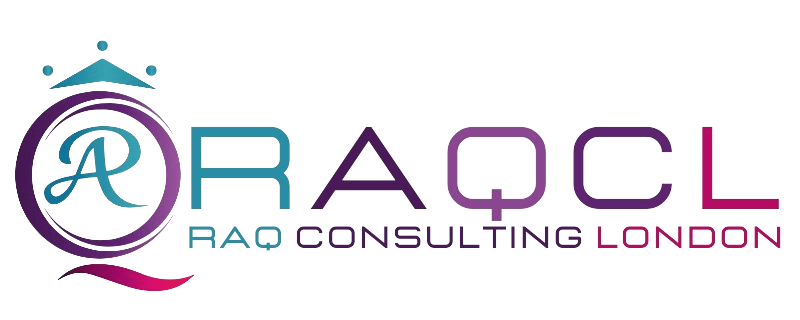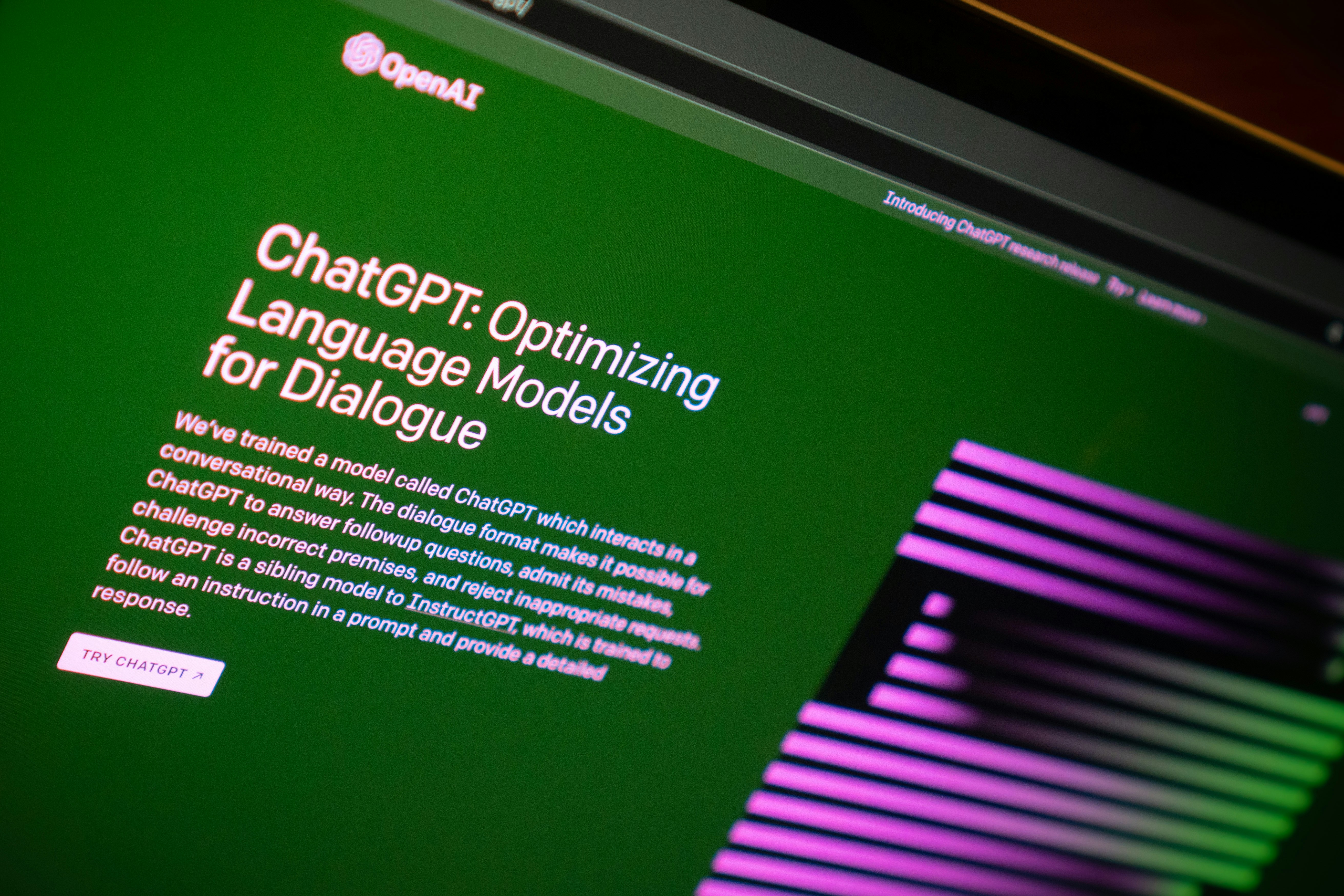The Importance of Ethical AI Frameworks
The rapid advancement of artificial intelligence (AI) technologies has brought forth a number of ethical considerations that enterprises must navigate. As organizations increasingly integrate AI into their operations, the importance of establishing ethical AI frameworks becomes apparent. These frameworks serve as guidelines designed to ensure that AI applications operate within a set of moral and ethical principles, enabling responsible AI usage.
One of the primary functions of ethical AI frameworks is to mitigate biases in decision-making processes. AI systems often utilize vast amounts of data to learn and make judgments; however, this data can inadvertently reflect societal biases. By implementing robust ethical guidelines, enterprises can work to identify and eliminate such biases, fostering fairer outcomes across various applications, including hiring, lending, and law enforcement. This commitment to reducing bias not only enhances fairness in AI systems but also upholds the rights of users who may be affected by these technologies.
In addition, ethical AI frameworks play a pivotal role in safeguarding user rights. Ensuring that individuals have control over their data and its usage is essential in the AI landscape. Organizations can create transparency in their AI systems by adhering to ethical guidelines, thereby allowing users to understand how their information is processed and utilized. This transparency fosters trust among stakeholders, including consumers, employees, and regulators, which is crucial for the long-term sustainability of AI implementations.
Moreover, as the regulatory environment surrounding AI continues to evolve, enterprises that proactively adopt ethical AI frameworks will likely find themselves better positioned to comply with emerging regulations. By embodying ethical principles, businesses can not only enhance their reputation but also navigate the complex landscape of AI governance more effectively.
Challenges in Ensuring Responsible AI Usage
As organizations increasingly implement artificial intelligence (AI) into their operations, the journey towards responsible AI usage is fraught with numerous challenges. One of the foremost difficulties encountered is the mitigation of algorithmic bias. AI systems often learn from datasets that may contain historical biases, which, if unchecked, can lead to discriminatory outcomes. Ensuring that AI operates fairly necessitates continuous monitoring and refinement of algorithms, a task that can be both resource-intensive and complex, especially when addressing diverse demographic groups.
Maintaining transparency in AI decision-making processes presents another significant hurdle. Many advanced AI models, particularly those based on deep learning, function as “black boxes,” meaning their internal mechanisms are not easily interpretable. This obscurity can hinder stakeholders’ ability to trust AI-generated decisions. In sectors such as healthcare and finance, where accountability is paramount, organizations must invest in interpretability tools and create frameworks that clarify how AI systems arrive at specific conclusions.
Aligning AI systems with dynamic ethical standards poses a further challenge. Ethical norms are not static; they evolve with societal values and technological advancements. Businesses must navigate a shifting landscape where what is considered ethical can change rapidly. This fluidity requires enterprises to remain agile, continually updating their AI governance policies to reflect these changes while also fostering a proactive culture that prioritizes ethical considerations. Balancing innovation with ethical responsibility is crucial, as companies push technological boundaries while also safeguarding against unintended consequences that may arise from AI adoption.
In navigating these challenges, organizations must strive to create a robust ethical framework encompassing bias mitigation, transparency, and adaptability to help ensure that AI enhances rather than detracts from societal values.
The Evolution of Regulatory Bodies in AI Governance
The rapid advancements in artificial intelligence (AI) technology have prompted significant shifts in the regulatory landscape. As AI applications permeate various sectors, regulatory bodies must evolve to address the complexities and ethical dilemmas posed by these innovations. Currently, regulatory frameworks governing AI are often fragmented, varying from one jurisdiction to another. This inconsistency can lead to challenges in enforcement and compliance, necessitating a comprehensive review and reform of existing regulations.
One of the primary limitations of current regulatory frameworks is their reactive nature. Regulations tend to lag behind technological advancements, resulting in gaps that can be exploited. As AI continues to advance, regulatory bodies will need to adopt a more proactive approach. This may involve developing anticipatory regulations that can adapt to technological changes swiftly and effectively.
Emerging trends suggest a growing emphasis on international collaboration in AI governance. As AI technologies are inherently global, establishing common standards and frameworks may help mitigate risks associated with cross-border implementation. Organizations such as the OECD and the European Union have initiated discussions on harmonizing AI regulations, which could lay the groundwork for a more cohesive global approach.
Additionally, industry associations and civil society organizations are gaining prominence in shaping AI governance. Their involvement is crucial in facilitating a dialogue between various stakeholders, ensuring that diverse perspectives are considered in the regulatory process. Governments can foster an inclusive approach by engaging these entities in discussions regarding ethical guidelines and best practices for AI deployment.
Overall, by 2025, regulatory bodies are poised to undergo significant transformations to address the challenges of AI governance effectively. The integration of global standards, a proactive stance on regulation, and the involvement of various stakeholders will be pivotal in developing robust frameworks that promote ethical AI usage while protecting the rights and interests of individuals and society as a whole.
Best Practices for Enterprises to Navigate AI Governance
As businesses increasingly incorporate artificial intelligence into their operations, the importance of establishing a robust governance framework cannot be overstated. Effective governance mechanisms are essential for ensuring that AI systems are deployed responsibly and ethically. Enterprises should focus on creating a comprehensive ethical AI framework that outlines clear principles and guidelines for AI use. This framework should align with the organization’s overall values and compliance requirements, enabling the identification of ethical risks associated with AI deployment.
One key best practice is to develop a multidisciplinary AI governance team that includes diverse perspectives from various departments such as legal, ethics, data science, and operations. This collaborative approach helps to ensure that AI solutions are evaluated from multiple angles and that ethical considerations are integrated throughout the lifecycle of the AI system. Furthermore, enterprises should invest in continuous monitoring of their AI systems to assess their performance and unintended biases actively. Implementing auditing mechanisms can provide insights into how AI decisions are made and highlight areas that require adjustments.
Engaging with stakeholders is crucial in navigating AI governance. Organizations should maintain open lines of communication with employees, customers, regulatory bodies, and others who may be impacted by AI technologies. Conducting regular workshops and informational sessions can serve to familiarize stakeholders with the ethical implications of AI deployments and gather their feedback. Additionally, fostering a culture that prioritizes ethical considerations in technology advancement is imperative. This can be achieved by providing training on ethical AI practices and encouraging team members to advocate for responsible innovation.
By proactively adopting these best practices, enterprises can navigate the complex landscape of AI governance. In conclusion, prioritizing ethical frameworks, continuous monitoring, and stakeholder engagement will pave the way for responsible AI implementation, ultimately ensuring that such technology serves the greater good.







